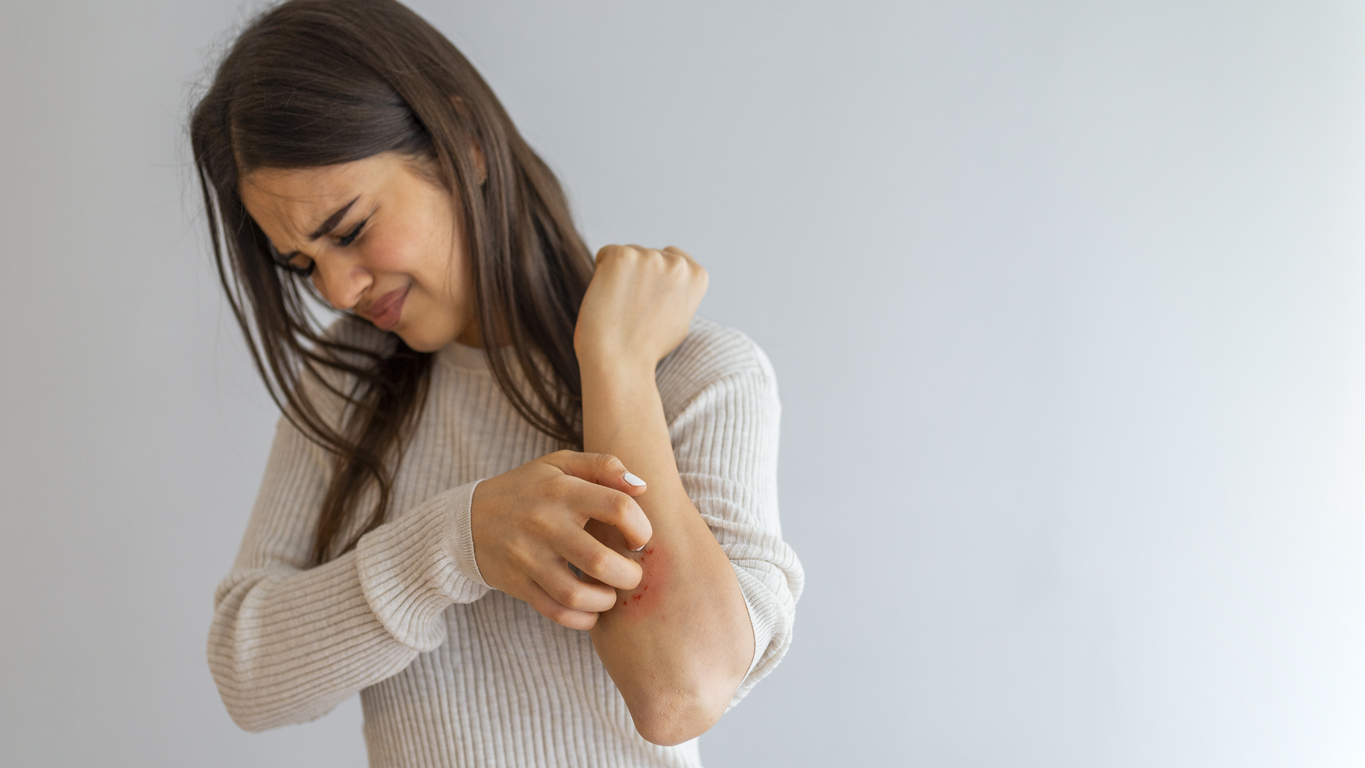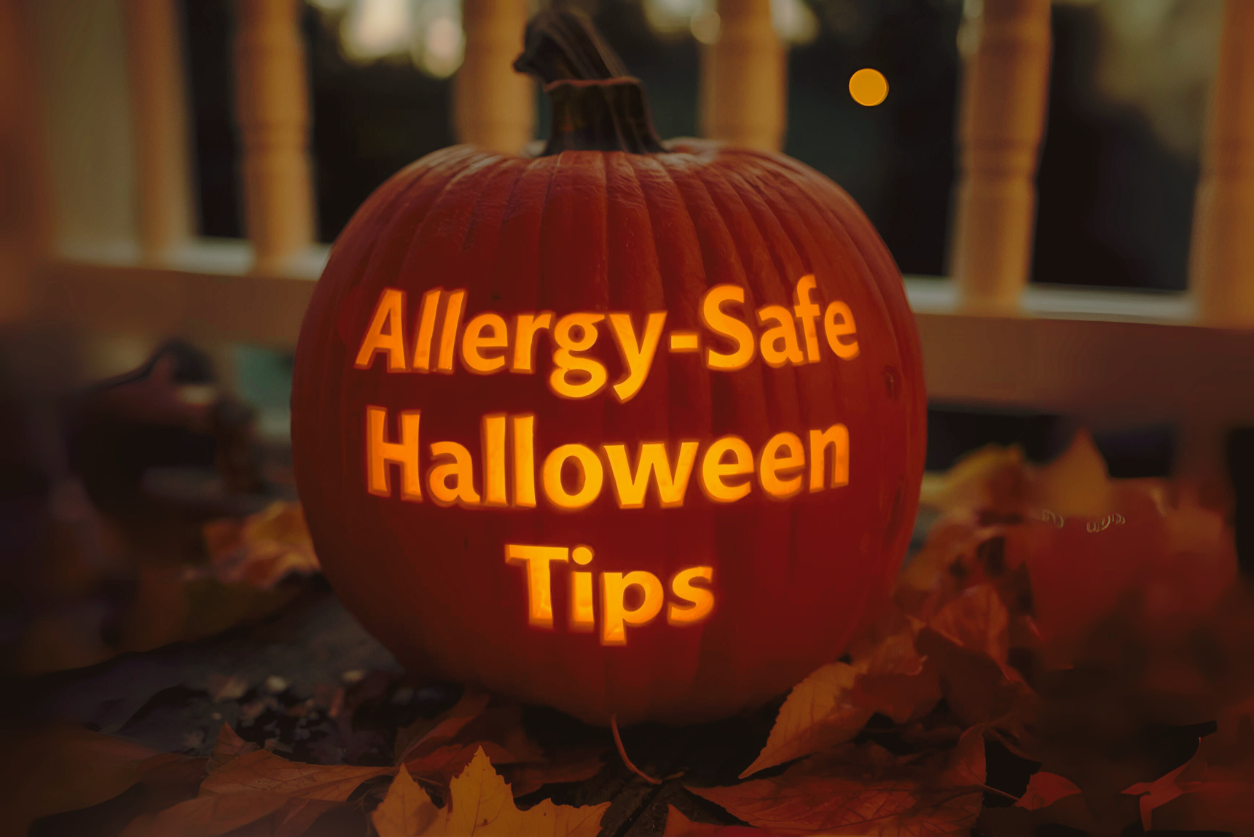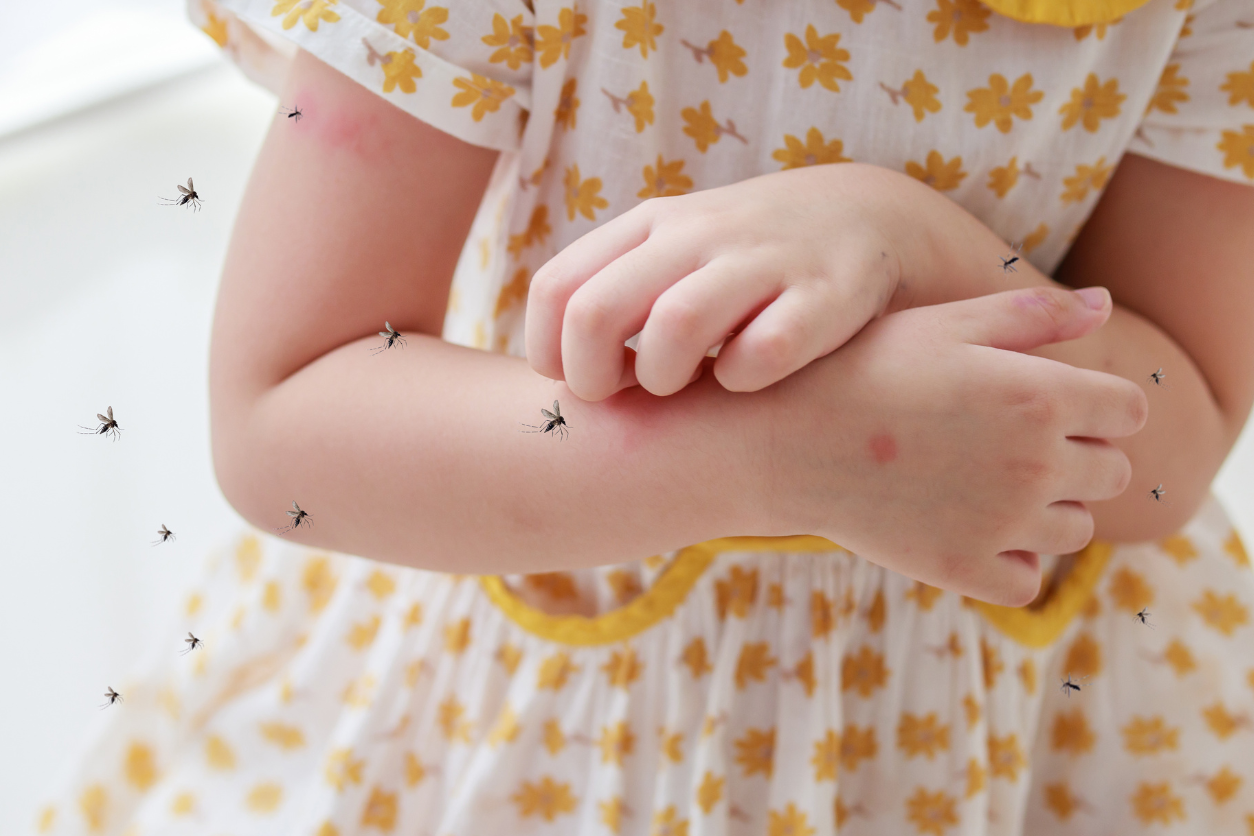What is Eczema?
Eczema, or atopic dermatitis, is a chronic skin condition that can cause significant discomfort and frustration for people who struggle with it. It affects people of all ages and backgrounds and often flares up due to specific environmental or internal triggers. While managing it can be challenging, understanding what triggers your flare-ups is a crucial step in keeping your symptoms under control. Here’s what to look out for.
While the cause of eczema is unknown, it’s believed to result from a combination of genetic and environmental factors. An overactive immune response and a compromised skin barrier can influence the development condition.
Millions of people suffer from it, so you’re not alone if you’re struggling with eczema. If you have it, you understand how annoying and uncomfortable flare-ups can be. Dry, itchy, and inflammatory skin can negatively impact your comfort, self-esteem, and general quality of life. Not to mention, having rashes that won’t go away is the worst!
Knowing your triggers and how to prevent or lessen those triggers is one of the best ways to manage your symptoms. This guide will help you better understand the things that can aggravate your eczema symptoms and what you can do to feel better, regardless of how long you’ve been managing your condition.
Types of Eczema
Eczema isn’t a one-size-fits-all condition. There are several types, and understanding your type helps tailor treatment and avoid triggers.
Atopic Dermatitis
Atopic Dermatitis is the most common type and is often associated with allergies and asthma. It usually begins in childhood and is triggered by allergens, weather changes, or stress.
Contact Dermatitis
This type of dermatitis is triggered when the skin comes into direct contact with irritants or allergens, such as soaps, chemicals, or certain plants (like poison ivy).
Dyshidrotic Eczema
It is characterized by small, itchy blisters on the hands and feet, often triggered by stress, metals, or moisture.
Nummular Eczema
This type of eczema presents coin-shaped spots on the skin, usually on the arms and legs, that are itchy and inflamed.
Seborrheic Dermatitis
This type, often appearing on the scalp or parts of the face, appears as greasy, flaky patches and is linked to yeast on the skin.
Stasis Dermatitis
Stasis Dermatitis eczema occurs in the lower legs due to poor blood circulation and can irritate the skin. It usually affects older adults.
Each type of eczema has its own triggers and treatment options. It is essential to work with a healthcare provider to determine the best course of action.
Symptoms of Eczema
Depending on the kind and severity of your condition, eczema symptoms can vary, but some of the most typical ones are as follows:
- Dry, sensitive skin
- Red, inflamed patches
- Itching (often intense)
- Darkened or red patches of skin
- Crusting or oozing in severe cases
- Thickened or scaly skin over time
- Swelling in affected areas
Symptoms often flare up occasionally and then improve or even clear up. However, they return more often than not later. Identifying and managing eczema triggers is a key part of reducing the frequency and intensity of flare-ups.
Environmental Factors
As Texans, we’re no strangers to our state’s diverse and sometimes volatile weather conditions. These environmental factors can contribute to eczema flare-ups.
- Temperature and Humidity: Hot, humid summers can mean lots of sweating, which can irritate eczema-prone skin. On the other hand, dry, cold winters can zap moisture from your skin, leading to more dryness and itching. Try using a humidifier in the winter and wearing breathable clothing in the summer.
- Pollen and Airborne Allergens: With Texas’ beautiful landscapes comes a high pollen count during certain seasons. Pollen and other airborne allergens like dust mites and mold can trigger eczema flare-ups. Keeping your home clean and using air purifiers can reduce your exposure to these irritants.
Personal Care Products
The products you use on your skin can profoundly impact your eczema.
- Harsh Soaps and Detergents: Many soaps, detergents, and skin care products contain chemicals and fragrances that can irritate sensitive skin. Opt for gentle, fragrance-free products designed for sensitive skin.
- Hot Water: We know you love a scalding hot shower, but that hot water can strip your skin of its natural oils, leading to dryness and irritation. Use lukewarm water instead and moisturize immediately after bathing to lock in moisture.
Lifestyle Factors
Our daily habits influence how frequently eczema flares up. While these factors may seem small, they can influence skin health over time.
Stress
Stress is a well-known trigger for many chronic conditions, including eczema. Incorporating stress-reducing activities into your daily routine, such as yoga, meditation, or a relaxing stroll, can help keep stress levels in check.
Diet
While not a trigger for everyone, some people find that certain foods can exacerbate their eczema. Common culprits include dairy, eggs, nuts, and gluten. Keeping a food diary can help you identify any dietary triggers.
Clothing Choices
What you wear can make a surprising difference in managing eczema. Rough fabrics and synthetic materials irritate the skin, trap heat, and increase itching. Some good clothing choices are cotton, bamboo fabric, or anything loose and breathable. Wool, polyester, or any tight clothing that could potentially irritate your skin are some choices to avoid.
Other Potential Triggers
Some additional eczema triggers that may be worth watching out for include:
Sweat
Overheating and excessive sweating can lead to flare-ups, especially if the sweat stays on your skin for long periods.
Infections
Bacterial, viral, or fungal infections can worsen eczema or even mimic its symptoms.
Hormonal Changes
Some people experience increased symptoms during hormonal shifts, such as during menstruation or pregnancy.
Swimming Pools
Chlorinated water can dry out or irritate the skin. Rinse off immediately after swimming and apply moisturizer.
Treatment Options for Eczema
Although there is no cure for eczema, many treatments are available to help manage symptoms and reduce flare-ups. The right treatment often involves a combination of strategies tailored to the patient’s specific triggers and skin needs.
Biologics: targeted therapies made from living organisms or their components. They work by blocking specific molecules or immune system pathways that contribute to airway inflammation and asthma symptoms.
- Moisturizers: Keeping the skin hydrated helps restore the skin barrier, reduce itching, and prevent further irritation. Make sure to use ones that are frangarance-free and dye-free.
- Topical Steroids: Topical corticosteroids are the most commonly prescribed medication for eczema flare-ups. They help reduce inflammation, redness, and itching.
- Antihistamines: While these don’t treat eczema directly, they might help relieve itching.
- Phototherapy: For some people with moderate to severe eczema that doesn’t respond well to topical treatments, phototherapy can be a safe and effective option. It involves controlled exposure to ultraviolet (UV) light under medical supervision.
- Allergy Testing and Immunotherapy: Identifying and treating allergens can significantly improve symptoms for individuals whose eczema is connected to allergies.
Preventing Future Flare-Ups
Eczema is a chronic condition, meaning flare-ups can happen at any time. Therefore, prevention is just as important as treatment when managing eczema.
- Stick to a daily moisturizing routine. Hydrated skin is less likely to crack, itch, or become inflamed. (Remember to use any fragrance-free and dye-free moisturizers!)
- Avoid known triggers, and be careful when using a new product. If a new product or lifestyle change causes irritation, stop immediately and consult your doctor.
- Protect your skin from the elements. Weather changes cause flare-ups, especially during the cold, dry winter months or hot, humid summers.
When to Seek Professional Help
Understanding and managing eczema triggers can significantly improve your quality of life. However, if your symptoms persist regardless of your best efforts, it may be time to give us a call! Our team of experienced allergists can work with you to create a personalized treatment plan to manage your symptoms.
Don’t suffer in silence. Relief is possible with the right care and a customized approach to your needs! Book a Consultation at Southwest Allergy & Asthma Center Today!





